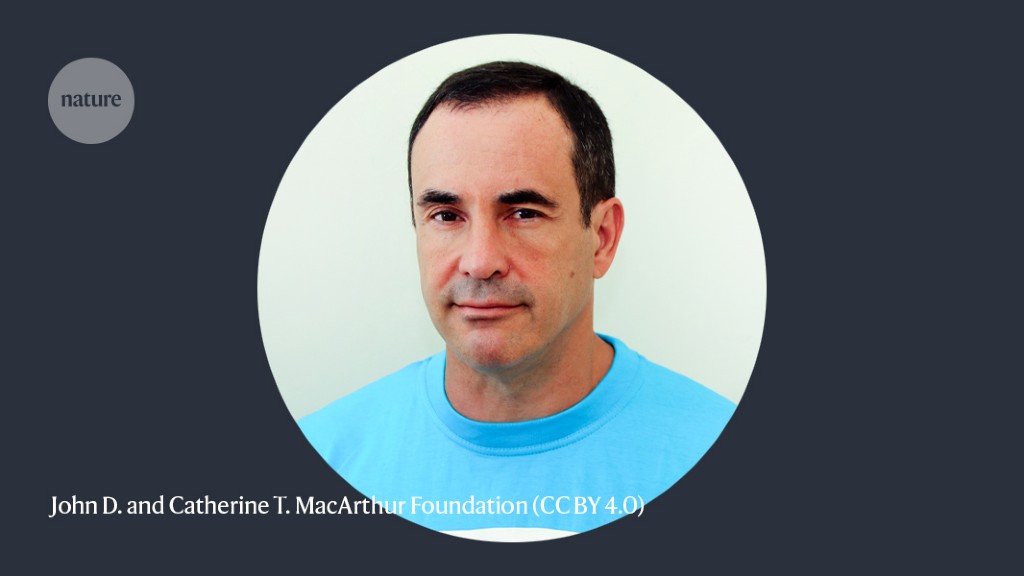As a young man, I watched as an epidemic swept over the bodies of dozens I knew and loved, while many went happily about their day-to-day business. From the 1980s onwards, as the late activist Vito Russo put it, the AIDS epidemic was “like living through a war that’s only happening for the people who happen to be in the trenches.”
Forty years later, as an epidemiologist, I am once again witnessing a viral scourge attacking my gay male community. Human monkeypox was once largely confined to endemic regions in west and central Africa — but more than 50,000 cases have now been recorded in nearly 100 countries since May 2022, mostly among men who have sex with men. As with the AIDS epidemic, slow responses from governments and international institutions, as well as open homophobia and bureaucratic bungling have hampered efforts to contain the outbreak.
Very often, humanity has the ability to prevent and treat infectious diseases; not doing so is a political decision.
I and others spent weeks calling for greater access to monkeypox testing — which was centralized here in the United States by state health agencies until the Centers for Disease Control and Prevention finally allowed commercial providers to offer testing. While hundreds of gay men waited in lines for vaccines being developed by biotechnology company Bavarian Nordic, based in Hellerup, Denmark, the US Agency for Biomedical Research and Development sat on 300,000 US-owned doses stored in Copenhagen. In August, rather than seeking an immediate expansion of vaccine production, the US government decided to split doses into fifths and give them intradermally. The move was not without controversy.
Meanwhile, the head of the World Health Organization had to overrule his own contentious advisory committee to declare monkeypox a global public health emergency.
In 2018, I said, “Infectious diseases will always be with us, but epidemics are a human creation,” while reflecting on the Ebola outbreaks that then spread across West Africa, the introduction of cholera into Haiti by United Nations peacekeepers in 2010 and the AIDS epidemic. The response to AIDS, Ebola, cholera, monkeypox, and a host of neglected diseases, including big killers like tuberculosis, is not mere neglect. It is a public policy that includes suffering and death. Even our language is a trick. The phrase “neglected diseases” belies the question: neglected by whom?
Just look at the US surrender to COVID-19, where 400-500 people are still dying every day; Those in power decided that there are people who are simply expendable. Supposedly, as US President Joe Biden has said, we are tired of the pandemic. However, the human carnage doesn’t particularly bother us. We could do more, but decided against it.
The United States spends relatively little on public health—less than 2 cents for every dollar spent on health care—leaving clinical medicine to pick up the pieces when people end up in the hospital. It has reaped disaster for the lack of investment in social protection. Even with huge health care spending, the United States in its 40s ranks behind many much poorer countries when countries are ranked by life expectancy because health is determined by social and economic factors that we as a country would prefer not to recognize. And while we’ve ignored monkeypox in Africa for decades, this virus, along with SARS-CoV-2 and HIV, shows how microbes can make the world very small with nowhere to hide.
As scientists, as clinicians, as public health professionals, we do our jobs in our labs, at our beds, on our laptops. We are learning a tremendous amount about diseases and developing vaccines and treatments for the patients who come to our clinics. But maybe we need to do more.
Some may resent the idea that researchers must also be advocates. But the history of public health and medicine shows that some of our greatest achievements have not been technological. They happened when we were pushing for the right thing: the sanitation campaigns of the 19th century, the fight for national health programs across Europe in the 20th century, the great social programs of the 1930s and 1960s in the United States that expanded our safety net, the Struggle for Access to AIDS Drugs in Africa in the 21st Century. These achievements were partly due to us. Scientists have done great things that have made people healthier, happier, and lived longer.
The past few months and years have been a challenge. Let’s get up to it. The quest for universal health coverage, social protection, making livelihoods more than a luxury, and serving marginalized and neglected communities is ongoing, although many have fought for these goals for years. In fact, in many places they are seen as inconsistent with what too many call “prudent business practices” and “sound governance”.
The notion that medical intervention is all humanity needs to stay safe, or that preparedness for a pandemic can exist without addressing fundamental weaknesses in our way of life, will leave us more than disappointed — it will make us vulnerable again make the next virus to hit the globe and the slow simmer of climate change. For too long we have been too willing to sacrifice people to protect the status quo. Some viruses may be deadly, but they need our help to wreak havoc.
Competing Interests
The author declares no competing interests.
#Monkeypox #COVID19 #AIDS #ahead


Leave a Comment